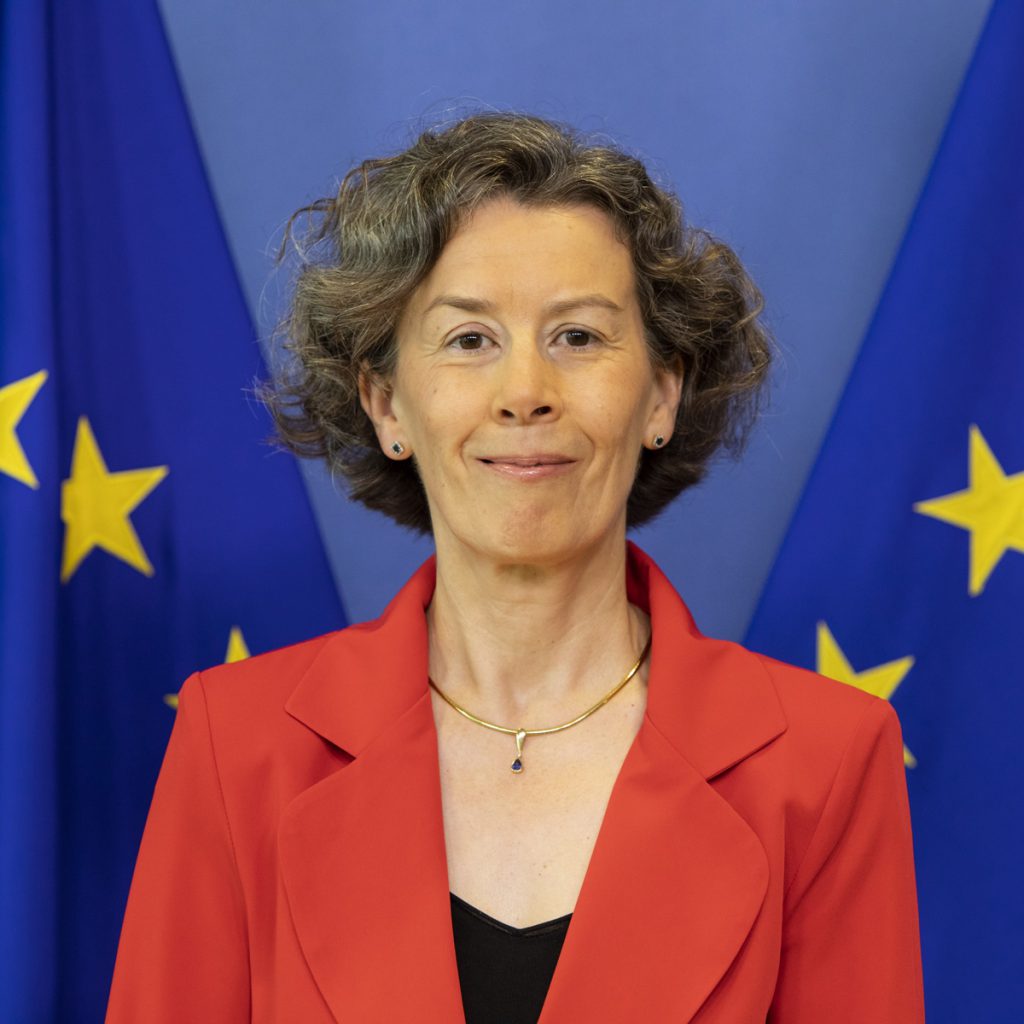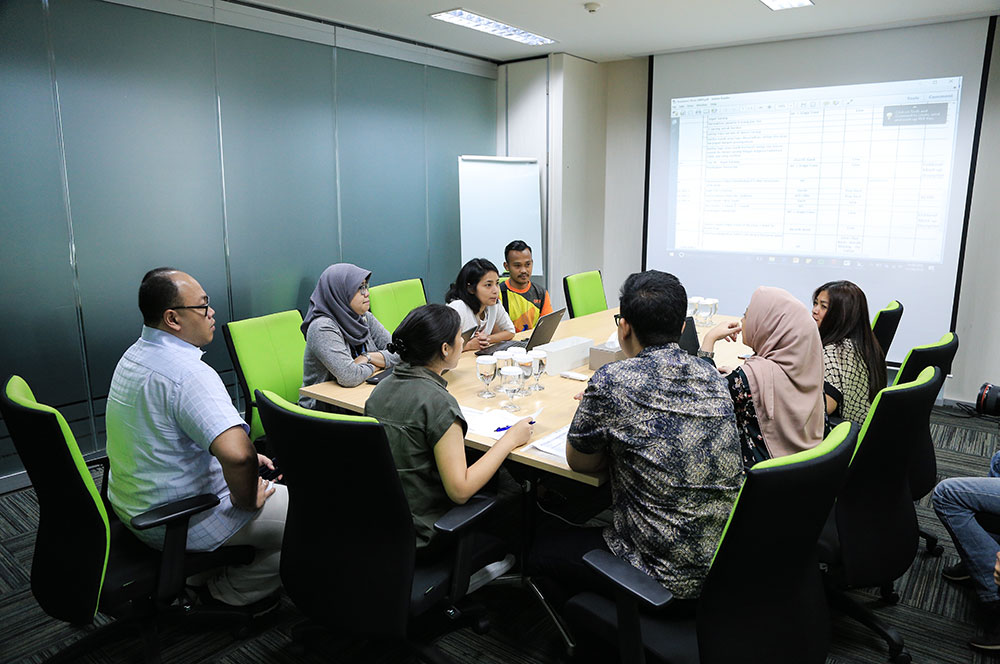Foreword
by Hilde Hardeman
Director – Head of Service for Foreign Policy Instruments, European Commission

Preventing violent extremism is an important part of this bigger picture. This extremism can take many forms.
In 2020, the European Commission presented a Counter Terrorism Agenda and a new EU Security Union Strategy. These documents outlined the complex and evolving security landscape facing our Union in these unprecedented times. They also proposed approaches to manage risks ranging from climate change, to demographic trends, to political instability, to terrorism or the impact of the pandemic beyond Europe’s borders. Preventing violent extremism is an important part of this bigger picture. This extremism can take many forms. And even though we are confronted with it most viscerally when a terrorist act destroys lives, it also does serious harm when it bubbles under the surface undermining social cohesion in local communities and polarising society.
The challenges posed by violent extremism are faced both by us here in Europe and by people in countries around the world. In our globalised society, we cannot separate risks unfolding within our borders from those emerging in other regions. This is why the EU is committed to working together with partners internationally to tackle the root causes of violent extremism, by way of a range of funding programmes aimed at preventing and countering extremism. We place a premium on collaborating with organisations that are deeply rooted in a particular locality, allowing us to respond to local challenges with local solutions – in tune with a community’s culture, mindful of its history, and paying heed to specific conflict dynamics. Moreover, we pursue a ‘whole of society’ approach, empowering actors from across governments, education, civil society, community organisations and religious groups, to name just a few. This allows us to tap into local knowledge, build on what works and develop a sustainable impact.
Our key response to address the threat of terrorism, whether within the EU or by working with our global partners, is prevention.

Our key response to address the threat of terrorism, whether within the EU or by working with our global partners is prevention. In this context, the EU has been a leader in initiatives to tackle extremist content online, empower those on the front lines in addressing radicalisation, and trace and stem funding for terrorist organisations, to name a few. In addition, preventing and countering violent extremism is a key element of EU development policy, as we see resilient communities as the backbone of peaceful societies. In line with the concept of ‘security for development’ and the UN Sustainable Development Goal 16 ‘Peace, justice and strong institutions’, there is no sustainable development without security, and vice versa. Assisting our partner regions around the world to address this challenge will help deliver the stability needed for prosperity to grow, to the benefit of all. Across all EU activities in this sphere, we rigidly adhere to the principle of ‘do no harm’ in terms of how we implement programmes and who we work with, with the rule of law and human rights always taking utmost priority.
At its heart, the EU’s approach to preventing and countering violent extremism is about people. It is about building relationships with local communities and, among them, reaching out to those individuals who are vulnerable to radicalisation so that we can help them build resilience and gain the tools they need. It is the story of these people, of their communities, and of working together for a more stable and secure future. This brochure shares some of these stories. I hope they will give you an insight into the breadth and depth of our work in this field, and how EU funding is making an impact in tackling these urgent challenges.